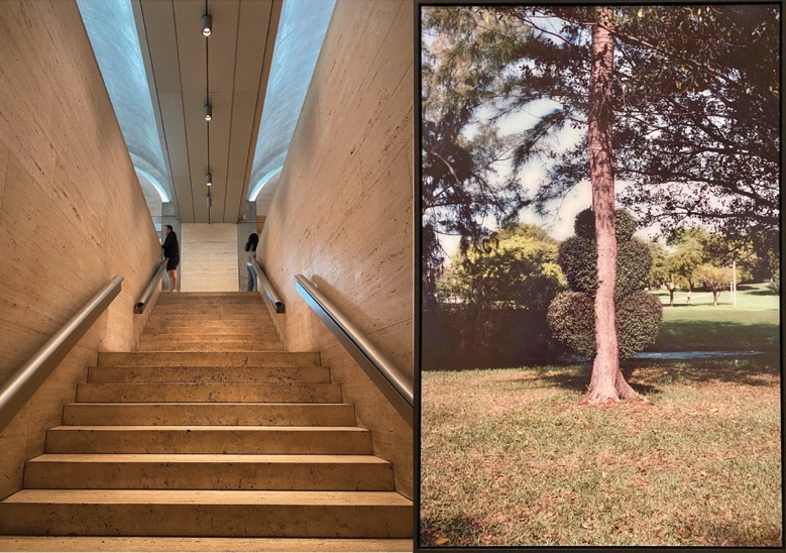ARC 327R / ARC 386M / ARH 374 / PHL 385 Seminar
Tues 3:30 – 6:30pm, WMB 6.126
Open to ARC and ARI graduates, ARC upper-level undergraduates, and non-SOA students by permission
Michael Benedikt: mbenedikt@utexas.edu
This seminar delves into the line of reasoning that emphasizes the quality of human experience as the justification for design, as distinct from functional, economic, and social considerations. It examines experience in two main modes: the experience of the building itself, its physical attributes like scale, materials, spaces, and proportions, and the experience of interacting with and relating to the people, animals, objects, and occasions which architecture arranges. They are different.
The seminar is situated, culturally, in the context of the broad shift towards the "Experience Economy" in Western societies. It is one where the production and consumption of novel experiences in the pursuit of fun and personal fulfillment has come to comprise an ever-greater part of the economy. Think sports, entertainment, tourism, media… Architecture has been caught up in the system, sold for the experiences, the “lifestyles,” it provides. However, the seminar critically assesses whether the focus on creating positive experiences might inadvertently sideline critical issues such as social justice and environmental health, and even, ironically, authentic beauty. It posits that architecture needs to look beyond “experientialism” and to adopt a relational view, one where experience is allowed to emerge as a property of the relations being acted out between works of architecture themselves, their components, and the bodies and behaviors they house.
Readings include excerpts from works in phenomenology by Gaston Bachelard (The Poetics of Space), Juhani Pallasmaa (Eyes of the Skin), and Jonathan Hale (Merleau-Ponty for Architects), the book The Experience Economy by Pine and Gilmore, and Architecture Beyond Experience by the instructor.
Targeted at graduate and upper-division students in architecture and related fields—and especially those interested in design—the seminar promotes a comprehensive approach, involving instructor lectures, weekly discussions, and critical readings. A mid-term paper and a final paper will be required; these can be written or multimedia. Class ends with a peer critique session of the final papers. AI tools are permitted as a preliminary step in analysis.

